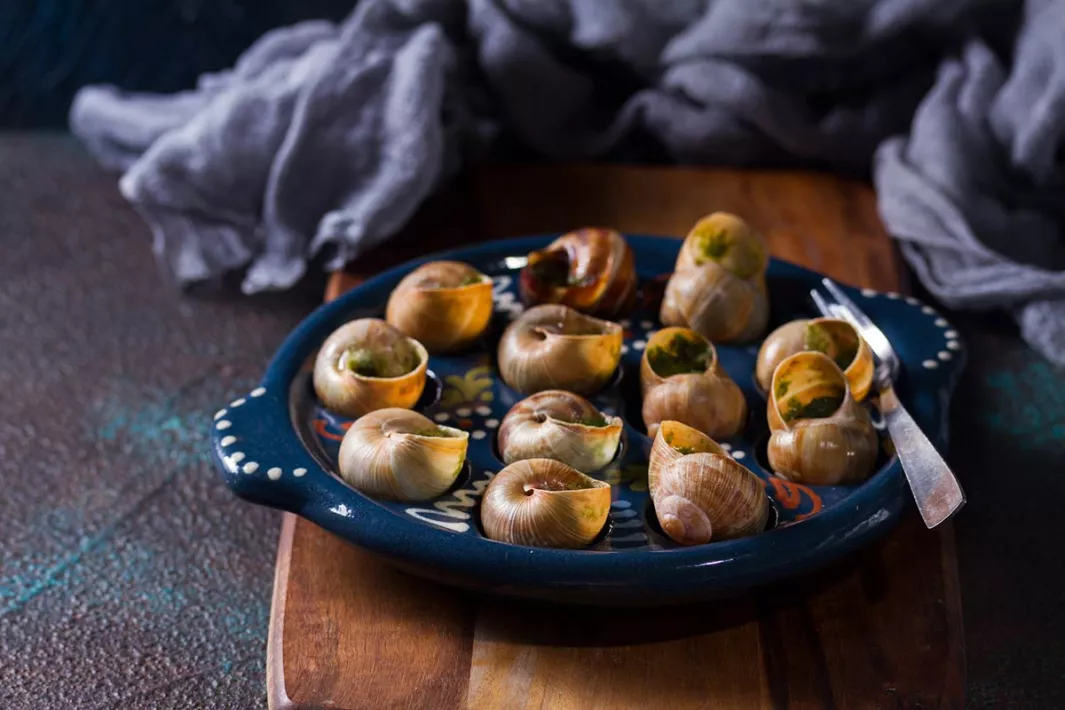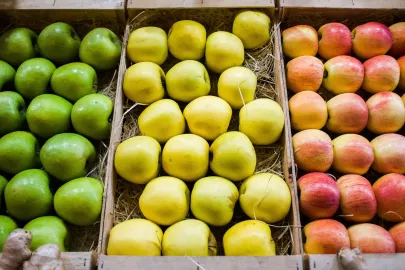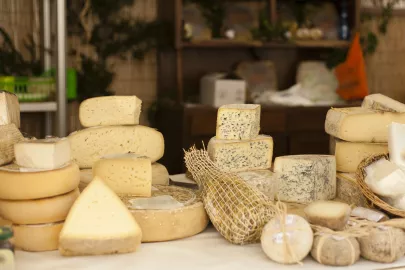Cringe at the thought of eating snails? We’re about to change your mind. Although it may sound strange, snails are some of the most delicious, terroir-driven, and nutritional foods in French cuisine (the sauce is another story -- but we’ll get there). Although they sound intimidating at first, snails actually provide one of the most quintessential delights of French gastronomy.

Diving into a new and potentially scary dish can be intimidating. However, the reward goes far beyond the palate. By consuming snails, you’re not only broadening your culinary horizons, you’re also digging deep into the world of European food culture.
We’re breaking down seven reasons why escargots aren’t as bad as you think. We can’t promise anything, though we almost guarantee that your mouth will be watering by the end. Simply pour a glass of mineral-driven Chablis, prep your snails, and get ready to be mentally transported to the lush countryside of eastern France.
A Few Things to Know
- Escargots are pronounced ess-car-GOH (silent ‘s’ at the end)
- Snails are also consumed in Spain, Portugal, Crete, Tunisia, Asia, and beyond
- May 24th is National Escargot Day
- Love mussels, clams, or squid? Then you’ll probably really like escargots.
Snails Are a Good Source of Protein
It’s true! According to the United States Department of Agriculture (via SFGate Healthy Eating), one 3-ounce serving of snail meat contains 14 grams of protein and just 75 calories. Next time you’re in need of some post-workout recovery, look no further than a healthy serving of snails.
They’ve Got Some History
Snails have been consumed in Europe since prehistoric times. A handful of snail shells have been found across numerous archaeological sites in the Mediterranean, some of which date back thousands of years BC. Prior to the French, snails were a beloved delicacy of the Romans.
A Taste of Terroir
Like grapes, cheese, and other animal-based delicacies, snails are a product of their environment, meaning that their taste is marked by a strong sense of place. However, not all snails are created equal, in that not every species is edible.
The most commonly consumed species of snails are helix aspersa, helix lucorum, and helix pomatia, all of which thrive in the countryside of eastern France, specifically in Burgundy and the landscapes surrounding the Alps. Snails are most commonly harvested after heavy rains, as their bodies are most receptive to moist environments.
Fat-Free, Carb-Free, Sugar-Free
In addition to being rich in protein, snails are basically free of fat, carbohydrates, and sugar (the sauce they’re served in is another story, though on their own, these guys are as healthy as it gets). Snails are also rich in iron, magnesium, and other healthy minerals. You’ll even get close to 10% of your daily potassium per serving.
Snails Are Quintessentially French
Contrary to what you may see in films, gift shops, and other sources of media, the majority of Frenchies aren’t running around eating macarons everyday. However, escargots are regularly consumed throughout the country. These bite-sized gems are often enjoyed as hors d’oeuvres at apéro hour or as a small entrée at the beginning of a meal.
They Make You Happy… Literally
Similar to oysters, clams, and other shellfish, snails contain a good amount of the chemical tryptophan, which is a key component in the brain’s serotonin production. In addition to boosting your happiness, serotonin also helps regulate sleep and controls the appetite. Next time you’re feeling blue, reach for a snail or two!
Snails Are an Excellent Vessel for Great Sauce (and Extra Baguette!)
As much as we love the escargots themselves, it’s really all about the sauce here. In France, snails are traditionally prepared with parsley, garlic, and a whole lot of butter. Use these little vessels to soak up the best of this homemade French sauce -- and don’t forget to ask for some extra baguette, too. Depending on the amount of butter used, this sauce may cancel out a handful of the health benefits stated above, though we recommend doing as the French do: find the balance in life and enjoy.












